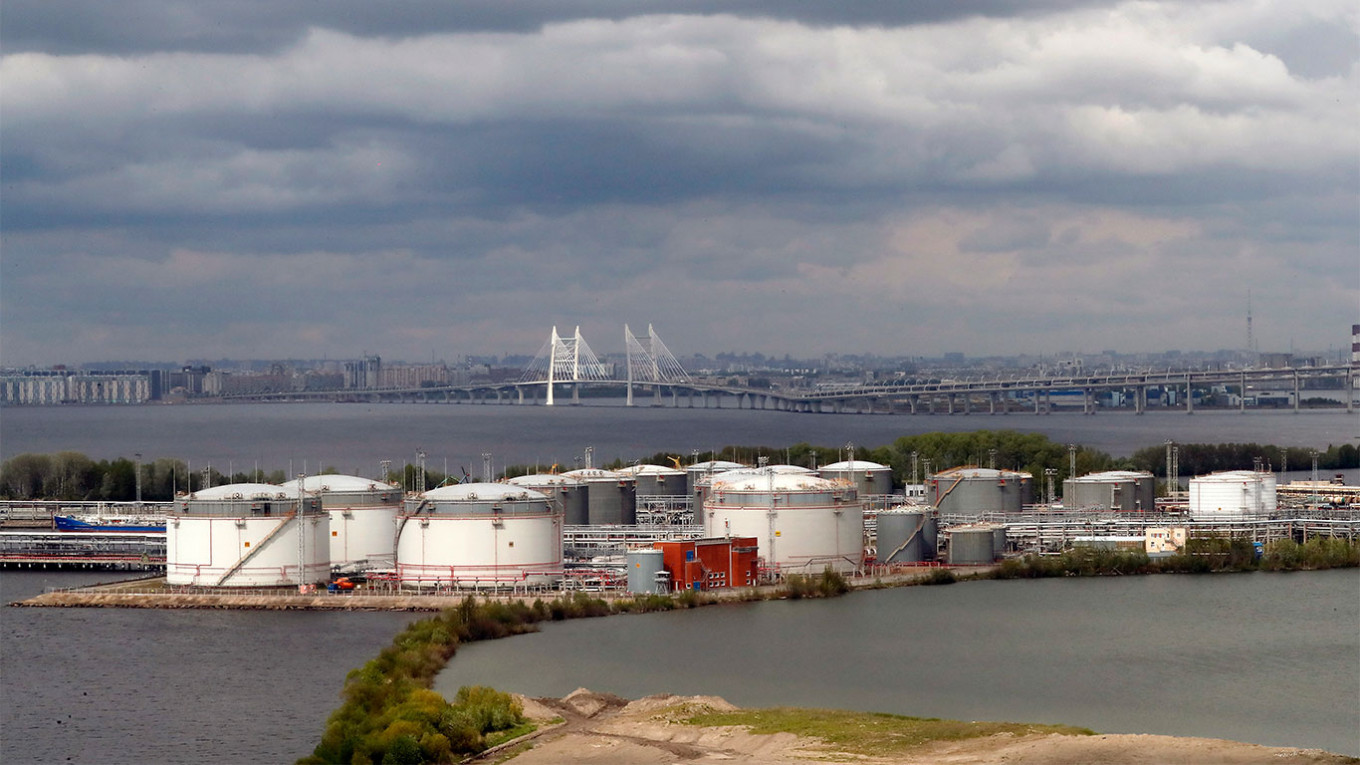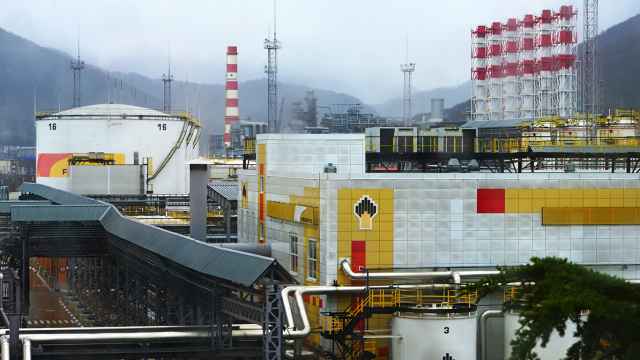Russia has earned a likely record $97 billion in revenue from fossil fuel exports in the first 100 days of its war in Ukraine despite heavy sanctions and Europe’s attempts to wean itself off of Russian energy, researchers said this week.
“Russia’s export revenues have been falling since March, but remain record-high” due to soaring energy prices, the Helsinki-based Center for Research on Energy and Clean Air said Sunday.
“[I]ncrease in fossil demand has created a windfall: Russia’s average export prices were an average 60% higher than last year” even with a 30% discount below international market prices, CREA said.
According to its analysis, Russia earned 93 billion euros ($97 billion) in energy revenue between when Russian troops rolled into Ukraine on Feb. 24 and the 100-day mark of the war on June 3.
Meanwhile, Russia spent less than $25 billion on its military in January-April, according to Finance Ministry data.
Russia said last month it expects up to 1 trillion rubles ($14.4 billion) in additional oil and gas revenues in 2022, revealing that it plans to spend part of the windfall on the military campaign in Ukraine.
“Revenue from fossil fuel exports is the key enabler of Russia’s military buildup and aggression,” CREA said.
Its research showed oil and oil products making up 63% of Russia’s export revenues in the first 100 days of war, with gas at 32% and 5% for coal.
Oil and gas revenue accounted for nearly half of Russia’s federal budget in 2021, according to International Energy Agency estimates.
The European Union imported more than 60% of Russian fossil fuels Germany, Italy and the Netherlands spent a combined $34 billion over that period.
The European Union has agreed to ban 90% of Russian crude oil by the end of 2022 as part of its sixth sanctions package. The embargo includes carve-outs for EU member states most dependent on Russian oil.
China overtook the three EU members individually with $13.1 billion in imports of mostly Russian crude oil, according to CREA’s analysis.
A Message from The Moscow Times:
Dear readers,
We are facing unprecedented challenges. Russia's Prosecutor General's Office has designated The Moscow Times as an "undesirable" organization, criminalizing our work and putting our staff at risk of prosecution. This follows our earlier unjust labeling as a "foreign agent."
These actions are direct attempts to silence independent journalism in Russia. The authorities claim our work "discredits the decisions of the Russian leadership." We see things differently: we strive to provide accurate, unbiased reporting on Russia.
We, the journalists of The Moscow Times, refuse to be silenced. But to continue our work, we need your help.
Your support, no matter how small, makes a world of difference. If you can, please support us monthly starting from just $2. It's quick to set up, and every contribution makes a significant impact.
By supporting The Moscow Times, you're defending open, independent journalism in the face of repression. Thank you for standing with us.
Remind me later.







